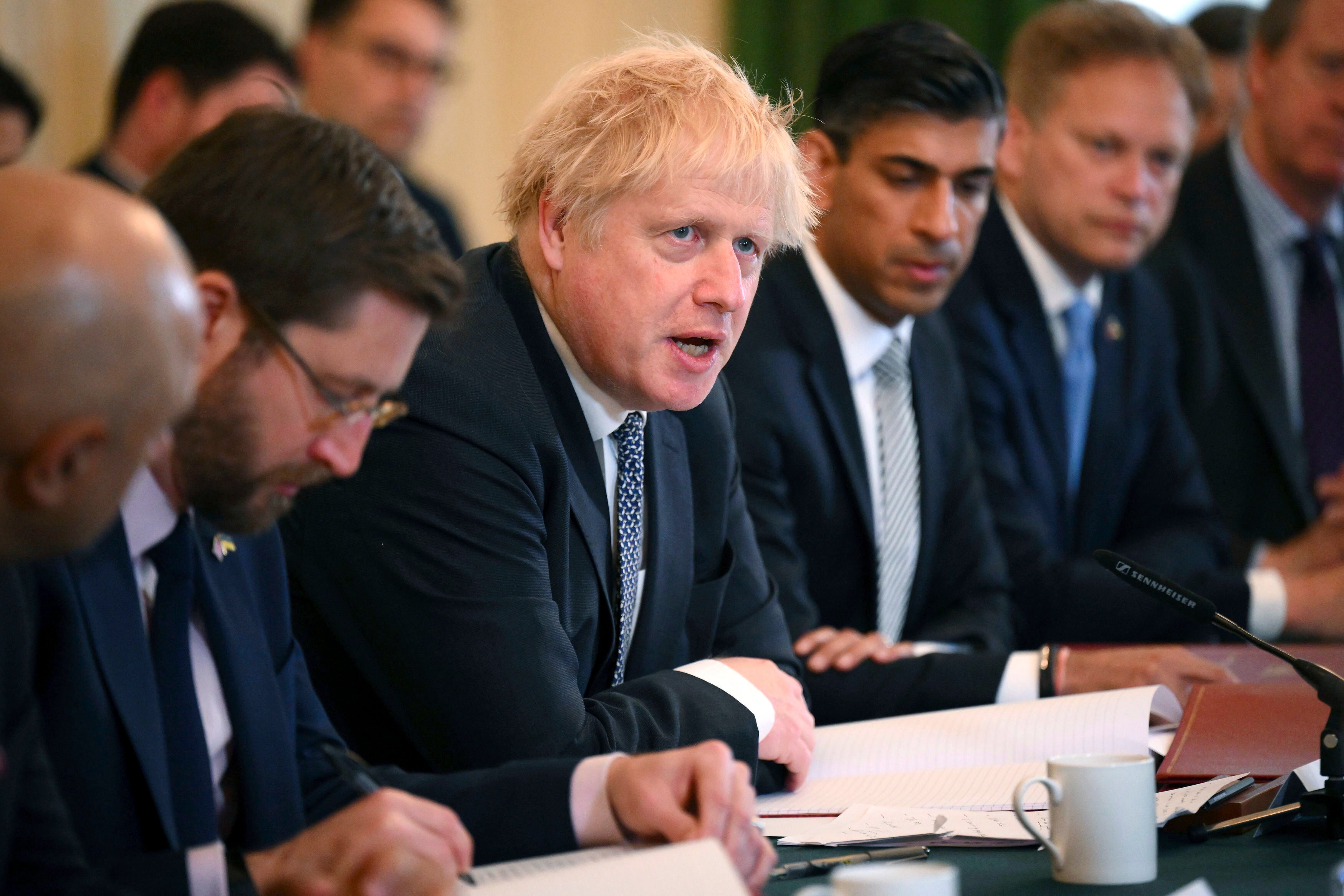Inflation for poorest households ‘could reach 14%’ amid surging energy bills, IFS warns
In comparison, benefits for the poorest families were uprated by 3% in spring

Inflation for Britain’s poorest households could hit as high as 14 per cent this autumn amid surging energy bills, according to the Institute for Fiscal Studies.
The stark warning from the respected think-tank comes after the energy regulator, Ofgem, told MPs that gas and electric bills could rise again in October, from £1,971 to £2,800 a year.
After intense political pressure, Rishi Sunak, the chancellor, is poised to unveil a package of measures within days, in an attempt to alleviate the cost-of-living crisis.
“This increase of £800 to the current cap means a 117 per cent increase — more than doubling — of the tariff cap between October 2021 and October 2022,” the think-tank said.
The bills are expected to “disproportionately” impact households with the lowest incomes, the IFS said, with families spending more of their budgets on gas and electric, compared with wealthier ones.
Heidi Karjalainen, a research economist at the IFS, said: “As poorer households spend more of their budgets on gas and electricity, this increase is likely to hit poorer households harder.
“This is also likely to further widen the gap between rates of inflation faced by the poorest and richest households”.
She added: “Assuming an overall rate of inflation of 10 per cent, as projected by the Bank of England, the poorest 10 per cent of households may face inflation rates of as high as 14 per cent, compared to 8 per cent for the richest households”.
In comparison, benefits for the poorest families were uprated by just 3.1 per cent at the chancellor’s spring statement, leading to senior Tories calling on the government to provide further support.
Speaking last week, Baroness Stroud, a Tory peer who helped set up the universal credit system, told The Independent that benefits should be uprated urgently in line with inflation, rather than April 2023.
Despite weeks of mixed messages and dismissive comments from cabinet ministers on the prospect of a windfall tax on oil and gas companies, the option is reportedly be drawn up by the chancellor.
Mr Sunak, according to the Daily Telegraph, has now concluded that a one-off windfall tax is needed, with further pressure on household budgets and a doubling of profits for some energy firms.
The chancellor was widely reported to be meeting with the prime minister on Wednesday to “sign off” on their “multibillion-pound” plan. Thursday has been mooted as the date for the announcement.
Speaking on LBC, the cabinet minister George Eustice, said the chancellor is “looking at things and we may hear more this week”.
“We are treading a very difficult path here because if we just borrow lots more money and throw it at the situation we could compound inflation, we could make the situation worse and see prices rise further,” he added.
“So we have got to try to dampen that inflation and that means showing some restraint but, equally, helping people, particularly those on the lowest incomes, who will struggle with some of these price rises.”


Join our commenting forum
Join thought-provoking conversations, follow other Independent readers and see their replies
Comments